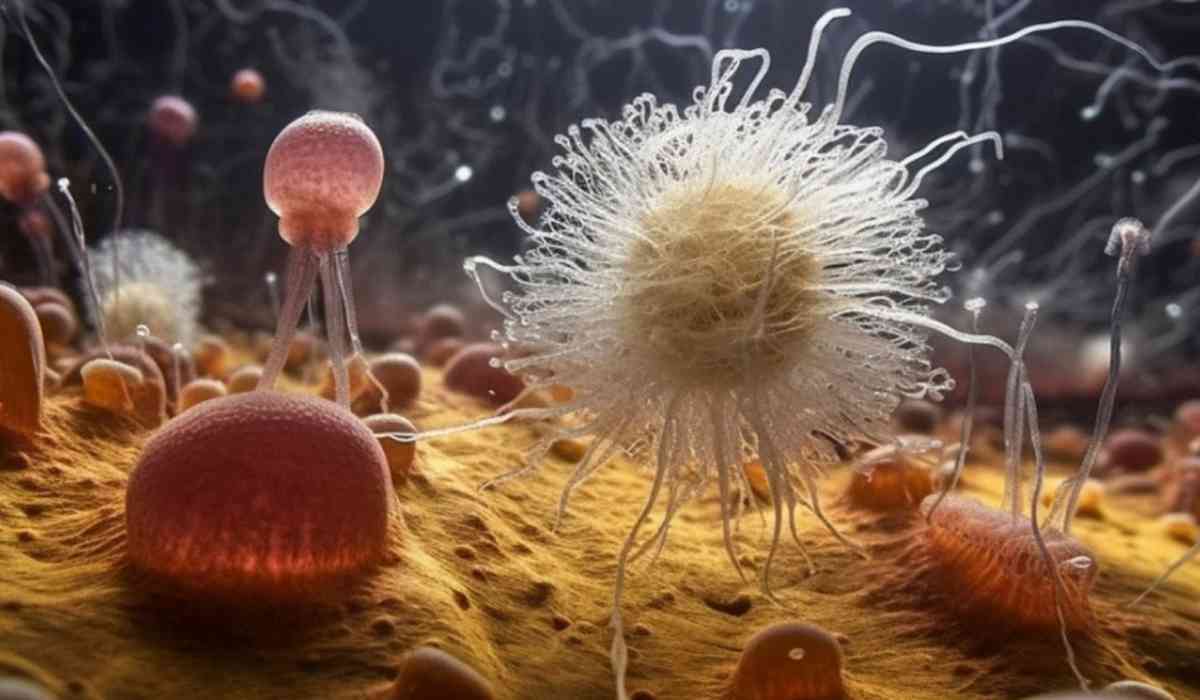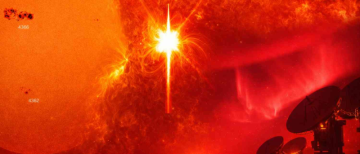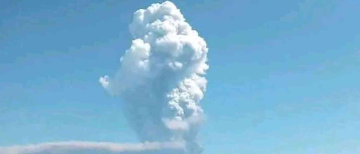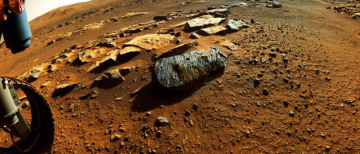Eukaryotic life has developed surprisingly late in the history of our planet. This view is supported by the absence of steranes, the molecular evidence for the membrane sterols in eukaryotic cells, and the paucity of distinct eukaryotic fossils in marine deposits from the mid-Proterozoic. With molecular clocks indicating that the LECA developed between around 1,200 and more than 1,800 million years ago, it is difficult to reconcile this scarcity of eukaryotic relics. The Australian National University (ANU) researchers have uncovered a long-lost world of extinct creatures that once roamed the oceans of Earth at least 1.6 billion years ago.
We anticipate that this finding will alter the way we think about our earliest relatives. These tiny creatures, also known as the "Protosterol Biota," belong to the eukaryotic kingdom. They are thought to be the first relatives we have evidence of. These extinct creatures were common in maritime areas all over the world and probably had a considerable impact on ecosystems throughout a sizable chunk of Earth's history. The Protosterol Biota, according to the researchers, emerged at least a billion years before any animals or plants. The fossilised remains of these early eukaryotes have long been sought after, but are very uncommon.

Earth's early seas were something like to a bacterial stew. Why didn't our highly evolved eukaryotic ancestors take control of the world's prehistoric rivers remains a mystery. Where did they skulk in? This recent study challenges this idea. Scientists have demonstrated that the proto-sterol biota was a common and covert component of the world's ancient waters and lakes. Scientists only knew where to search for them now. The Protosterol Biota were unquestionably more sophisticated than bacteria and likely larger, according to Professor Jochen Brocks from the Australian National University (ANU), who found alongside Dr. Nettersheim. However, it is unknown what they looked like. nWe speculate that they may have been the planet's earliest carnivores, consuming and hunting microbes.
Scientists estimate that these organisms were active between 1.6 billion and 800 million years ago. Perhaps the Protosterol Biota had to go extinct a billion years sooner than dinosaurs in order to create room for contemporary eukaryotes. By examining fossilised fat molecules found inside a 1.6 billion year old rock that originated at the ocean floor close to what is now Australia's Northern Territory, scientists were able to make this discovery. The rudimentary chemical structure of the molecules may have allowed for the emergence of early sophisticated organisms that evolved prior to LECA and have since been extinct.
Without these molecules, we would never have known that the Protosterol Biota existed, according to Dr. Benjamin Nettersheim, who obtained his Ph.D. at the Australian National University and is currently located at the University of Bremen in Germany. Our recent finding indicates that this was probably not the case, despite the fact that early oceans looked to be predominantly a bacterial environment.Scientists have been ignoring these molecules for forty years because they don't fit the mould of usual molecular search pictures, according to Professor Brocks. But once we knew what we were searching for, we found that hundreds of other rocks from around the world that were retrieved from streams that were billions of years old were all dripping with the same ancient molecules.
© Copyright 2023. All Rights Reserved Powered by Vygr Media.
























